The Booming Industry of Eco-Friendly Baby Products
The world we live in is changing rapidly, and with it, the way we approach parenting. Nowadays, more and more parents are turning their attention towards sustainability, seeking out eco-friendly baby products that not only protect their little ones but also the planet. This shift is not just a trend; it's a movement fueled by a growing awareness of environmental issues and a desire for a healthier lifestyle. As a result, the eco-friendly baby product industry is experiencing a remarkable boom, with innovative brands and products emerging to meet this rising demand.
But what exactly is driving this transformation? For many parents, it begins with a simple question: "What kind of world do I want to leave for my child?" This thought often leads to a deep dive into the products they use daily. From organic baby food to biodegradable diapers, parents are now more informed than ever about the potential impacts of their choices. The desire to create a safer environment for their children is a strong motivator, as is the wish to contribute positively to the world. In this context, eco-friendly baby products become not just a choice, but a commitment to sustainability and health.
Furthermore, the benefits of these products extend beyond individual families. By opting for eco-friendly options, parents are supporting a larger movement towards sustainable manufacturing practices. This creates a ripple effect, encouraging companies to innovate and adopt greener practices. The eco-friendly baby product market is not just about selling items; it’s about building a community that values health, safety, and responsibility.
As we delve deeper into this booming industry, we will explore the various benefits of eco-friendly baby products, the market trends driving their popularity, and the innovative brands leading the charge. Each of these elements plays a crucial role in shaping the future of parenting and the environment. So, let's take a closer look at how this industry is evolving and what it means for the next generation.
Parents are increasingly prioritizing sustainability, leading to a surge in demand for eco-friendly baby products. This section examines the motivations behind this shift and its impact on consumer choices.
Eco-friendly baby products offer numerous advantages, from safety to environmental impact. This section discusses how these products contribute to healthier living for both babies and the planet.
Many eco-friendly products utilize natural and non-toxic materials, reducing exposure to harmful chemicals. This subheading delves into the importance of safe materials for infant health and development.
Organic cotton and bamboo are popular choices for baby clothing and bedding. This section explores the benefits of these materials, including breathability and reduced allergy risks.
Biodegradable diapers are gaining traction as a greener alternative. This part discusses their environmental benefits compared to traditional disposable diapers.
The production and disposal of baby products significantly affect the environment. This section evaluates the ecological footprint of conventional products versus eco-friendly alternatives.
The eco-friendly baby product market is expanding rapidly. This segment analyzes current trends, consumer preferences, and emerging brands committed to sustainability.
Several brands are pioneering eco-friendly baby products, setting new standards in the industry. This subheading highlights notable companies and their unique offerings.
As awareness of environmental issues increases, so does consumer demand for sustainable products. This section examines how this demand is shaping market growth and product development.
Q1: What are eco-friendly baby products?
A1: Eco-friendly baby products are items designed with sustainability in mind, often made from natural, non-toxic materials that are safer for babies and the environment.
Q2: Why should I choose eco-friendly products for my baby?
A2: Choosing eco-friendly products helps reduce your child's exposure to harmful chemicals and supports a healthier planet for future generations.
Q3: Are eco-friendly baby products more expensive?
A3: While some eco-friendly products may have a higher upfront cost, they often offer better quality and durability, making them a worthwhile investment in the long run.
Q4: Where can I find eco-friendly baby products?
A4: Many retailers now offer eco-friendly baby products, both online and in-store. Look for brands that prioritize sustainability and transparency in their manufacturing processes.
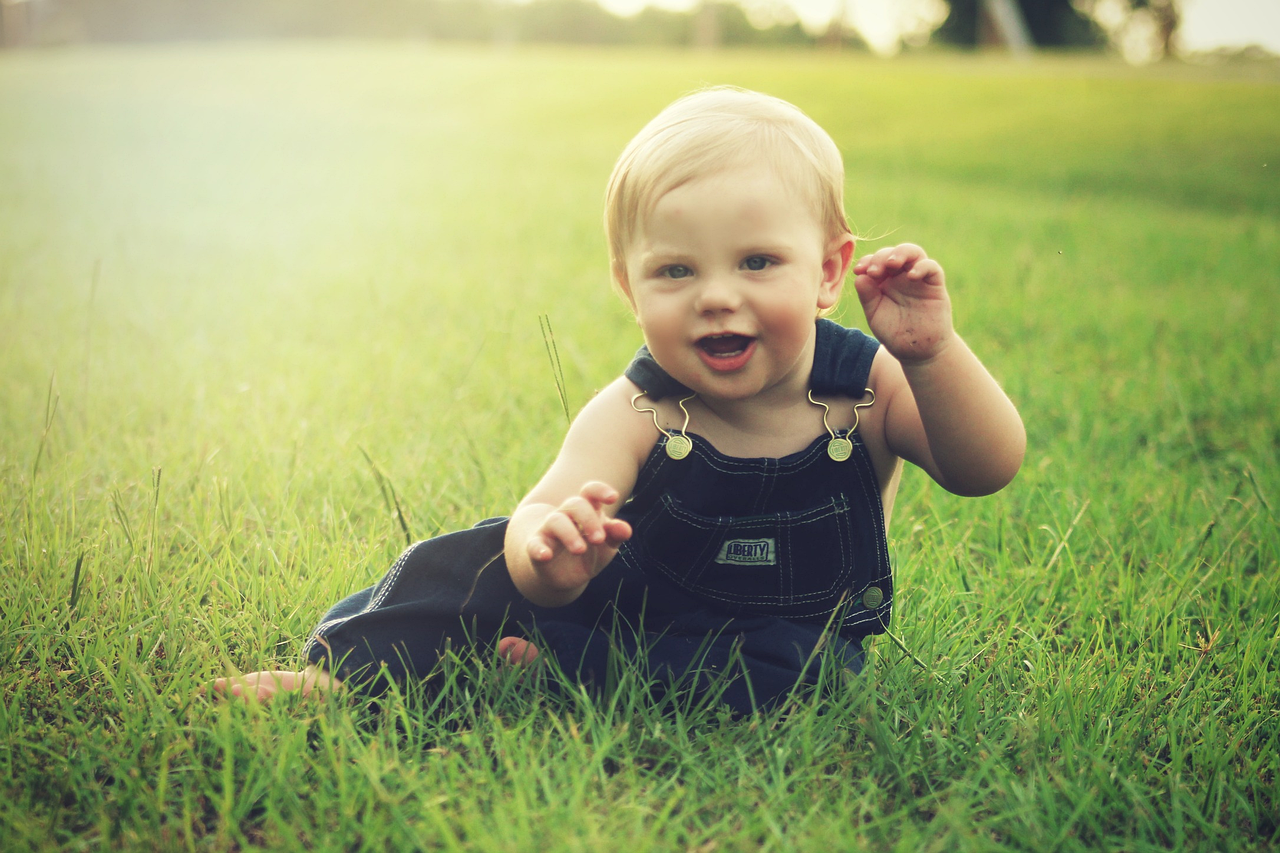
The Rise of Eco-Conscious Parenting
The world is changing, and so are the priorities of new parents. In recent years, there has been a remarkable shift towards eco-conscious parenting. This trend is not just a fleeting moment; it reflects a deeper understanding of the impact our choices have on the planet. As parents navigate the complexities of raising children, many are making informed decisions that prioritize sustainability, health, and safety. But what drives this change? Is it simply a trend, or is there a genuine desire to create a better world for future generations?
One of the primary motivations behind this shift is the growing awareness of environmental issues. Parents today are bombarded with information about climate change, pollution, and the effects of harmful chemicals. As a result, they are becoming more selective about the products they purchase for their little ones. The idea of leaving a smaller ecological footprint resonates deeply, prompting many to seek out eco-friendly alternatives. Instead of opting for conventional baby products that may contain toxic materials, parents are increasingly turning to brands that prioritize natural and sustainable ingredients.
Moreover, the rise of social media has played a significant role in shaping consumer behavior. Parents share their experiences, recommendations, and concerns online, creating a community that values transparency and sustainability. This digital age has empowered parents to make informed choices and hold brands accountable for their practices. When they see other parents advocating for eco-friendly products, it encourages them to join the movement. It’s akin to a ripple effect; one small change can lead to a wave of transformation in consumer habits.
Additionally, many parents are motivated by a desire to protect their children’s health. The concerns about harmful chemicals in everyday products are valid. From baby lotions to diapers, conventional items may contain substances that can adversely affect a child's health. By choosing eco-friendly products, parents are not only safeguarding their children but also promoting a healthier lifestyle. It’s a win-win situation—better for the baby and better for the planet.
In this era of eco-conscious parenting, it’s essential to recognize that sustainability is not just a buzzword; it’s a way of life. Parents are making conscious decisions that reflect their values, and this has led to a booming market for eco-friendly baby products. The demand is so significant that traditional brands are now adapting their offerings to meet the expectations of these environmentally aware consumers. This shift in consumer behavior is not only reshaping the baby product industry but is also paving the way for a more sustainable future.
As we delve deeper into the benefits and trends of eco-friendly baby products, it becomes increasingly clear that the rise of eco-conscious parenting is not just a trend—it’s a movement. A movement that prioritizes the well-being of our children and the health of our planet.
- What are eco-friendly baby products? Eco-friendly baby products are items made from sustainable materials that have a minimal impact on the environment, such as organic cotton clothing and biodegradable diapers.
- Why should I choose eco-friendly products for my baby? Choosing eco-friendly products helps reduce your child's exposure to harmful chemicals, promotes a healthier planet, and supports sustainable practices.
- Are eco-friendly baby products more expensive? While some eco-friendly products may have a higher upfront cost, many parents find that the long-term benefits and health advantages outweigh the initial investment.
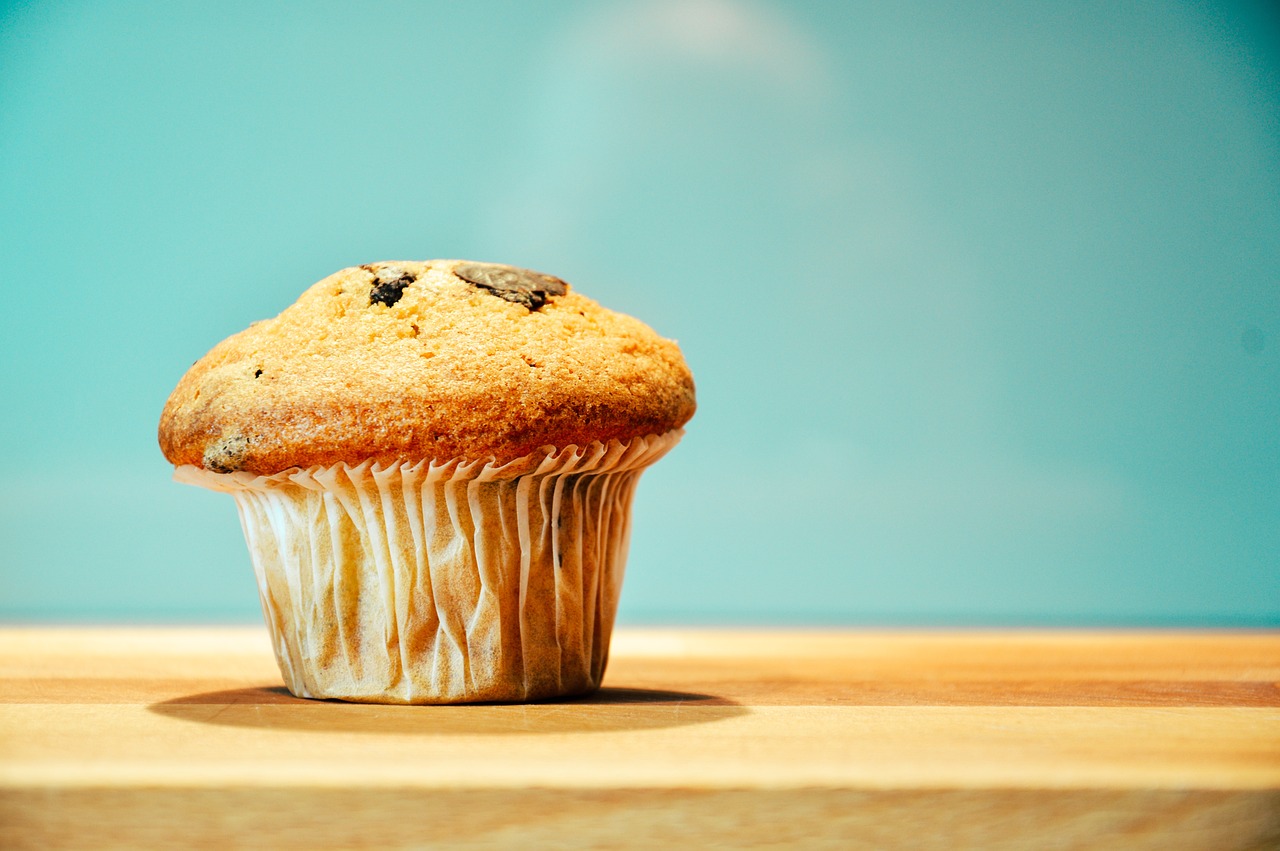
Benefits of Eco-Friendly Baby Products
In today's world, the choice of baby products has evolved significantly, as more parents are becoming aware of the profound impact their decisions have on both their children and the environment. Eco-friendly baby products are not just a trend; they represent a conscious effort to create a healthier future for our little ones. These products are designed with both safety and sustainability in mind, offering a multitude of benefits that extend beyond mere convenience.
One of the most compelling advantages of eco-friendly baby products is their use of healthier materials. Traditional baby items often contain harmful chemicals, such as phthalates and flame retardants, which can pose risks to infant health and development. In contrast, eco-friendly products prioritize natural and non-toxic materials, ensuring that your baby is not exposed to these hazardous substances. For instance, many eco-conscious brands utilize organic cotton, which is grown without pesticides or synthetic fertilizers. As a result, babies enjoy a soft, breathable fabric that is gentle on their sensitive skin.
When it comes to the health of our babies, the materials we choose can make a world of difference. The rise of eco-friendly baby products has brought forth a range of options that are not only safe but also beneficial for infants. For example, organic fabrics such as cotton and bamboo are becoming increasingly popular choices for baby clothing and bedding. These materials are not only free from harmful chemicals but also provide several advantages:
- Breathability: Organic fabrics allow for better air circulation, keeping babies comfortable and reducing the risk of overheating.
- Reduced Allergy Risks: Natural materials are less likely to irritate sensitive skin, making them ideal for babies prone to allergies.
- Durability: Eco-friendly materials tend to be more resilient, meaning they can withstand the wear and tear of daily use.
In addition to organic cotton, bamboo is another fantastic option for eco-friendly baby products. Bamboo fabric is not only incredibly soft and hypoallergenic, but it also has natural antibacterial properties. This means that clothing made from bamboo can help keep your baby’s skin healthy and free from irritations. Moreover, bamboo grows rapidly and requires far less water than conventional cotton, making it a sustainable choice for the environment.
Diapers are a significant concern for environmentally conscious parents, as traditional disposable diapers contribute massively to landfill waste. Thankfully, biodegradable diapers are gaining traction as a greener alternative. These diapers are made from plant-based materials that break down more easily in landfills, reducing their ecological footprint. By opting for biodegradable diapers, parents can significantly lessen their impact on the planet while ensuring their babies remain comfortable and dry.
Another critical aspect of eco-friendly baby products is their overall environmental impact. The production and disposal of conventional baby items can lead to considerable pollution and waste. In contrast, eco-friendly alternatives are designed with sustainability in mind, often utilizing renewable resources and environmentally friendly manufacturing processes. This conscious choice not only benefits the planet but also sets an example for future generations about the importance of sustainability.
In summary, the benefits of eco-friendly baby products are abundant and multifaceted. From healthier materials that prioritize safety to products that minimize environmental impact, these choices empower parents to foster a nurturing environment for their children while also caring for the planet. As awareness continues to grow, the demand for eco-friendly products will likely shape the future of parenting, making it easier for families to embrace sustainability without compromising on quality or safety.
Q: Are eco-friendly baby products more expensive than traditional items?
A: While some eco-friendly products may have a higher upfront cost, they often prove to be more economical in the long run due to their durability and safety benefits.
Q: How can I ensure that the baby products I choose are genuinely eco-friendly?
A: Look for certifications such as GOTS (Global Organic Textile Standard) for fabrics and check for brands that prioritize transparency in their sourcing and manufacturing processes.
Q: Are biodegradable diapers truly effective?
A: Yes, biodegradable diapers are designed to perform just as well as traditional diapers while offering the added benefit of being more environmentally friendly.
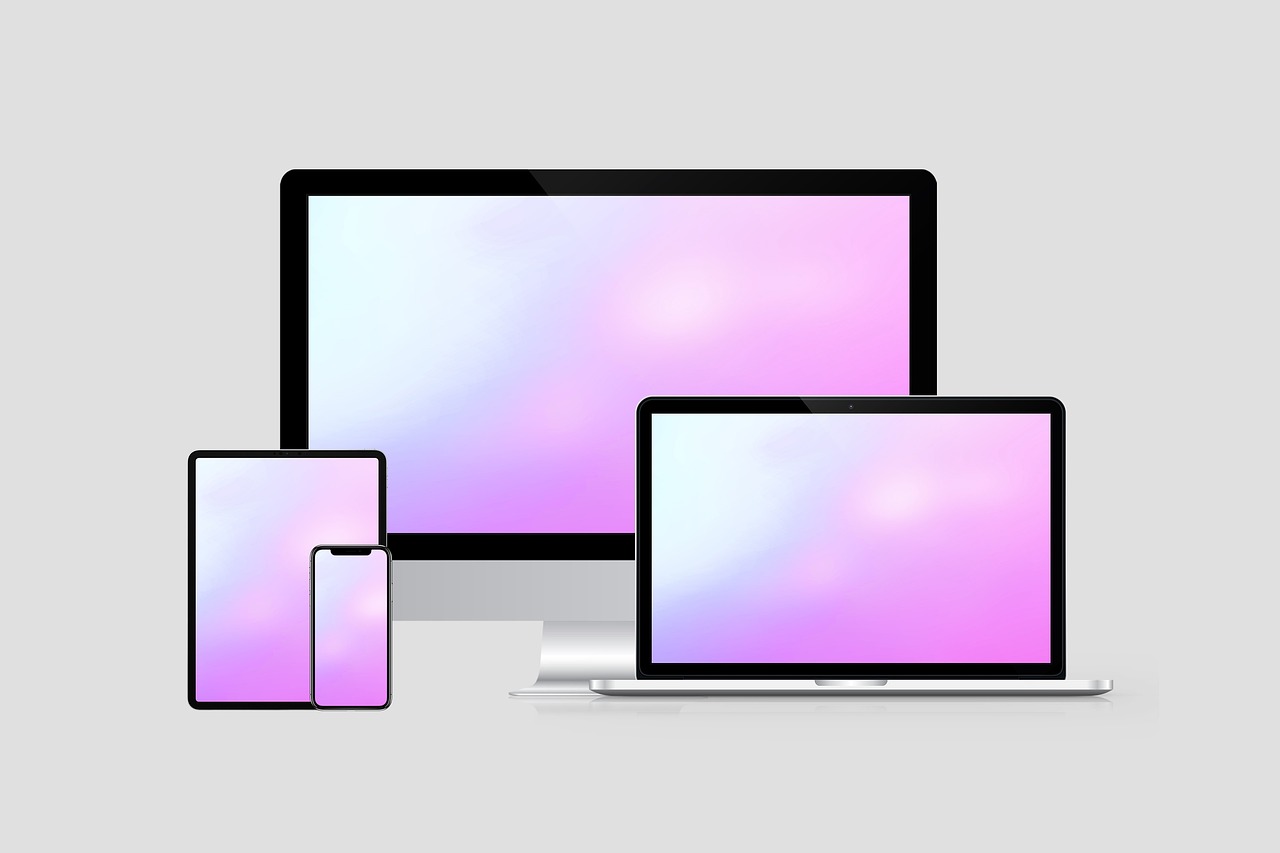
Healthier Materials for Babies
When it comes to our little ones, the materials that touch their skin and are used in their surroundings are of utmost importance. Eco-friendly baby products are often crafted from natural and non-toxic materials, significantly reducing the exposure of infants to harmful chemicals. In a world where we are constantly bombarded with synthetic options, choosing products made from safer materials is not just a trend; it's a necessity for health-conscious parents.
One of the most significant advantages of opting for eco-friendly baby products is the assurance that they are free from harsh chemicals such as phthalates, parabens, and flame retardants. These substances, commonly found in conventional baby items, can pose serious health risks, including hormonal disruptions and allergic reactions. By selecting eco-friendly alternatives, parents can create a safer environment for their children, promoting healthier growth and development. For instance, organic fabrics like cotton and bamboo are not only gentle on the skin but also breathable, making them ideal for baby clothes and bedding.
Moreover, the use of organic materials contributes to a more sustainable future. When we choose products made from organic cotton or bamboo, we are supporting farming practices that avoid synthetic pesticides and fertilizers. This not only benefits the planet but also enhances the quality of the products we use. Organic cotton, for example, is known for its softness and durability, making it a favorite choice among parents. Additionally, bamboo is naturally hypoallergenic and moisture-wicking, which can help reduce the risk of skin irritations and allergies in babies.
In the realm of diapers, the shift towards biodegradable options is gaining momentum. Traditional disposable diapers can take hundreds of years to decompose, contributing to overflowing landfills. In contrast, biodegradable diapers are designed to break down more quickly, minimizing their environmental impact. These diapers are made from natural materials that are safe for both babies and the planet, providing peace of mind for eco-conscious parents.
In conclusion, the choice of materials in baby products plays a crucial role in ensuring the health and safety of our children. By selecting eco-friendly options, parents are not only protecting their babies from harmful substances but also contributing to a more sustainable world. The benefits of healthier materials extend beyond individual families; they ripple out to create a broader impact on the environment, making the world a better place for future generations.
- What are eco-friendly baby products? Eco-friendly baby products are items made from sustainable materials that are safe for both babies and the environment.
- Are organic materials really safer for my baby? Yes, organic materials are free from harmful chemicals commonly found in conventional products, making them a safer choice for infants.
- How do biodegradable diapers work? Biodegradable diapers are made from natural materials that decompose more quickly than traditional diapers, reducing landfill waste.
- Where can I find eco-friendly baby products? Many brands specialize in eco-friendly baby products, and they can often be found in health stores, online, and in specialty baby shops.
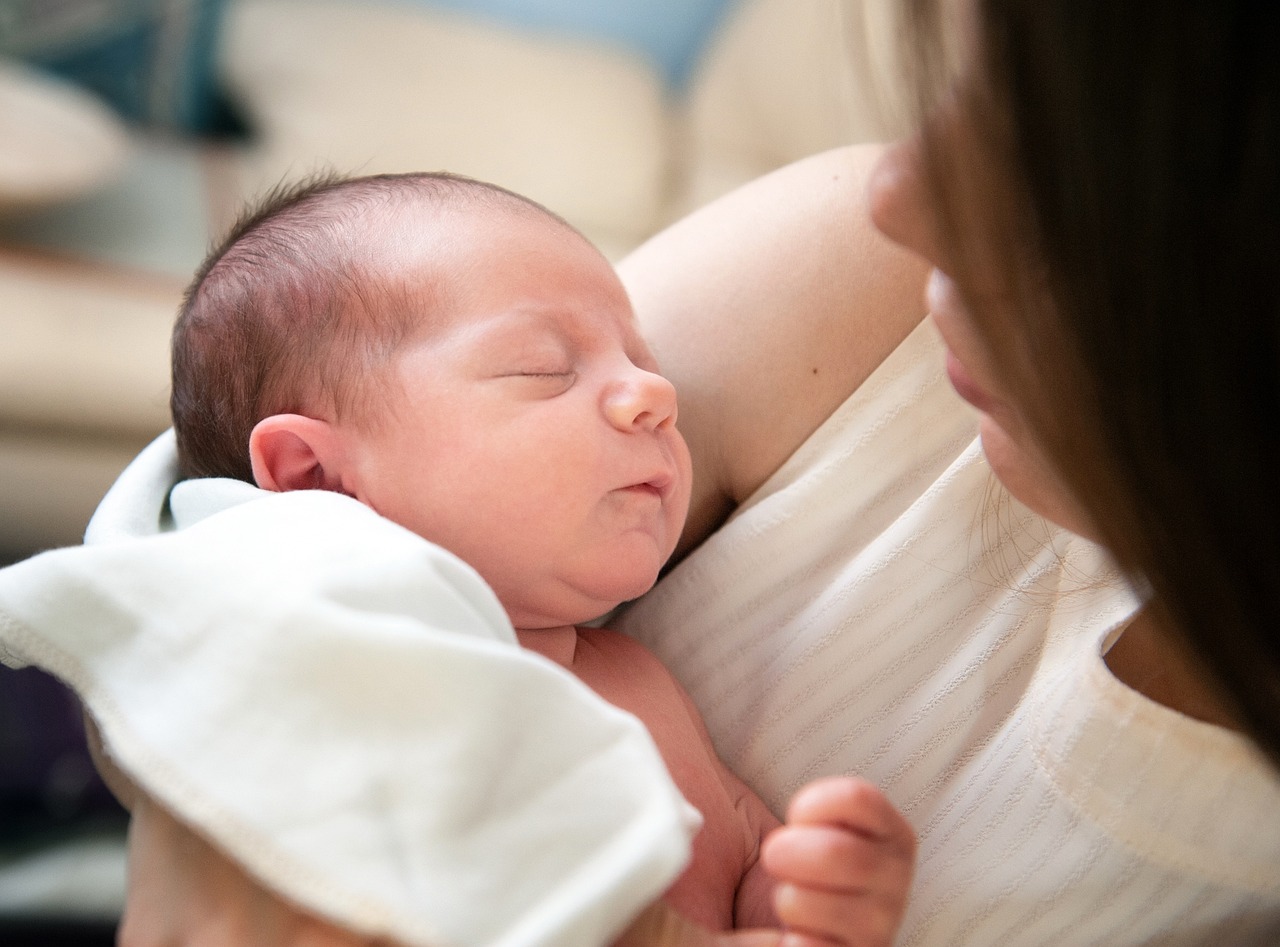
Organic Fabrics and Their Advantages
When it comes to dressing our little ones, the fabric we choose plays a crucial role in their comfort and safety. Organic fabrics such as organic cotton and bamboo have surged in popularity among eco-conscious parents, and for good reason! These materials are not only gentle on a baby's sensitive skin, but they also contribute to a healthier planet. Imagine wrapping your baby in a soft, breathable fabric that feels like a cloud against their skin while knowing that it was produced without harmful pesticides and chemicals. It’s like giving your child a hug from Mother Nature herself!
One of the standout advantages of organic fabrics is their breathability. Unlike conventional fabrics that may trap heat and moisture, organic cotton and bamboo allow air to circulate, helping to regulate your baby's body temperature. This is especially important for infants, who are prone to overheating. Furthermore, these materials are typically softer than their non-organic counterparts, reducing the risk of irritation and rashes. Think of it this way: would you rather dress your baby in a cozy, soft blanket or a scratchy old rug? The choice is clear!
Another significant benefit is the reduced risk of allergies. Many babies are sensitive to the harsh chemicals used in the production of standard fabrics. By opting for organic materials, parents can minimize the exposure to these potential allergens. In fact, studies have shown that children who wear organic clothing experience fewer skin irritations and allergic reactions. So, when you choose organic, you’re not just being kind to the planet; you’re also being kind to your baby!
Moreover, organic fabrics are often produced with sustainable practices that prioritize the environment. This means that the cultivation of organic cotton or bamboo uses significantly less water and energy compared to conventional farming methods. According to the Organic Trade Association, organic farming systems are designed to enhance biodiversity and soil health, which is essential for future generations. By choosing organic baby products, you’re making a statement: you care about the world your child will grow up in.
In summary, the advantages of organic fabrics are manifold. They provide safety, comfort, and environmental sustainability, making them a top choice for parents who want the best for their babies and the planet. So, next time you're shopping for baby clothes or bedding, consider reaching for those organic options. After all, when it comes to our little ones, we all want to make choices that are as pure and loving as they are!
- What are organic fabrics? Organic fabrics are made from materials that are grown without the use of synthetic fertilizers or pesticides, ensuring a safer product for both the environment and the consumer.
- Are organic fabrics more expensive? While organic fabrics can be pricier than conventional options, many parents find the benefits in terms of safety and sustainability to be well worth the investment.
- How do I know if a fabric is organic? Look for certifications such as GOTS (Global Organic Textile Standard) or OEKO-TEX, which indicate that the fabric meets specific organic and safety standards.
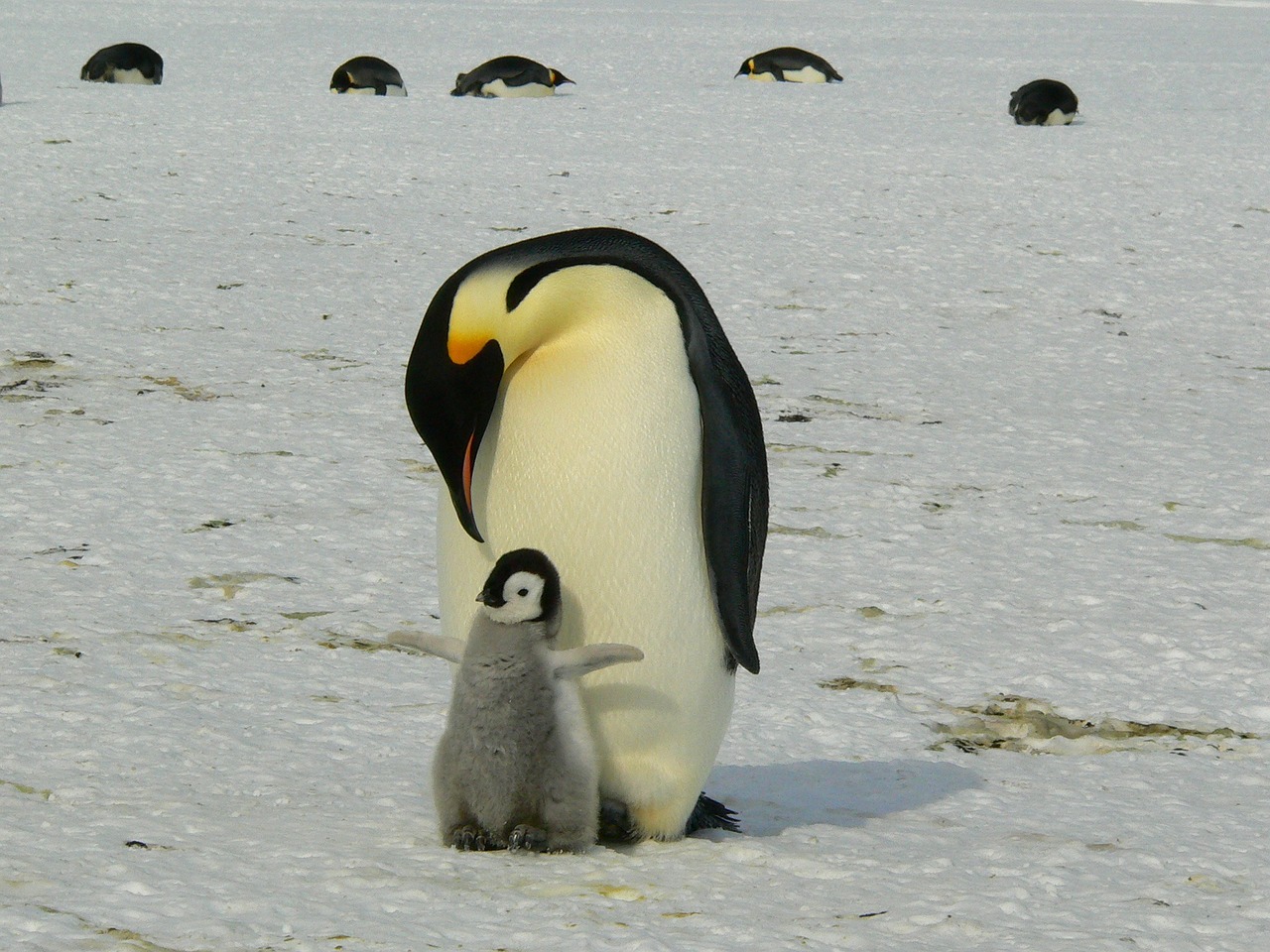
Biodegradable Diapers: A Sustainable Choice
When it comes to diapering your little one, the choices can feel overwhelming. However, as more parents become aware of the environmental impact of traditional disposable diapers, biodegradable diapers have emerged as a sustainable alternative that ticks all the right boxes. These innovative products are designed to break down naturally, reducing the burden on landfills and contributing to a healthier planet for future generations. But what exactly makes biodegradable diapers such a sustainable choice? Let's dive in!
Traditional disposable diapers can take hundreds of years to decompose, releasing harmful chemicals into the environment during their long lifespan. In contrast, biodegradable diapers are made from natural materials such as plant-based fibers and organic cotton, which can break down in a matter of months under the right conditions. This significant reduction in decomposition time is akin to trading in a clunky, gas-guzzling car for a sleek, eco-friendly electric vehicle—both choices serve the same purpose, but one is far more considerate of the planet.
Moreover, biodegradable diapers are often free from harmful chemicals, fragrances, and dyes that can irritate a baby's sensitive skin. By choosing these diapers, parents not only make a positive environmental impact but also ensure their baby's comfort and health. Imagine wrapping your baby in a soft, gentle cloud of natural materials instead of a plastic fortress—sounds much better, right?
It's also important to note that many biodegradable diaper brands are committed to sustainability beyond just the product itself. They often use eco-friendly packaging and adopt responsible manufacturing practices. This holistic approach to sustainability is something that resonates with today's eco-conscious parents, who are looking for ways to make a difference in every aspect of their parenting journey.
To illustrate the differences in environmental impact, consider the following table:
| Type of Diaper | Decomposition Time | Materials Used | Environmental Impact |
|---|---|---|---|
| Traditional Disposable Diapers | 200-500 years | Plastic, synthetic materials | High (landfill waste, chemical leaching) |
| Biodegradable Diapers | 3-6 months | Plant-based fibers, organic cotton | Low (natural decomposition, less waste) |
In summary, biodegradable diapers represent a smart choice for environmentally-conscious parents. They not only provide a safer and more comfortable option for babies but also contribute to a more sustainable future. As the demand for these products grows, we can expect to see even more innovation in the market, making it easier than ever for families to make eco-friendly choices.
- Are biodegradable diapers really better for the environment? Yes! They decompose much faster than traditional diapers, reducing landfill waste and environmental pollution.
- Do biodegradable diapers cost more than regular diapers? They may be slightly more expensive, but many parents find the environmental benefits and baby comfort worth the investment.
- Can I compost biodegradable diapers? While some brands are compostable, it's essential to check the specific product details and local composting regulations.
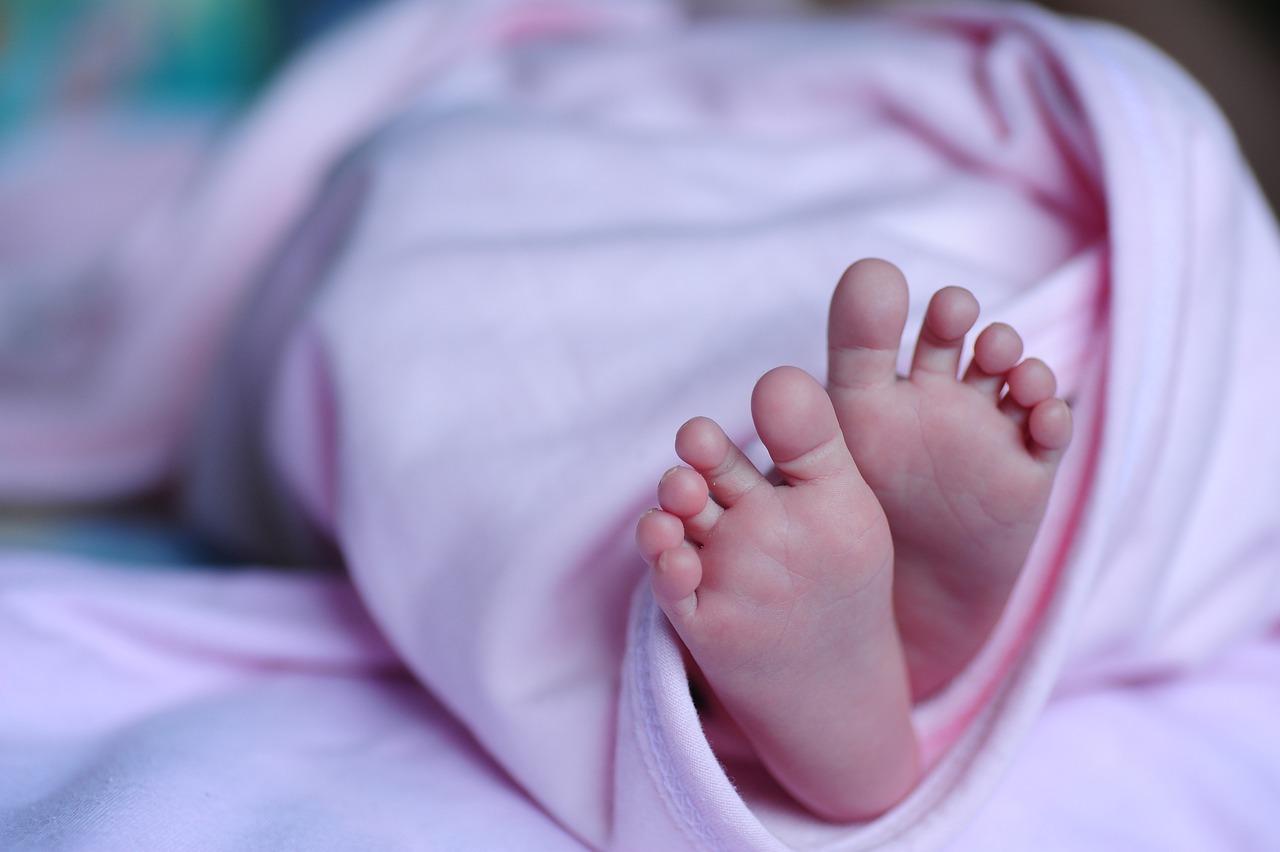
Environmental Impact of Baby Products
The environmental impact of baby products is a critical issue that often goes unnoticed in the hustle and bustle of parenting. Every day, countless items are produced, used, and discarded, contributing to a growing ecological crisis. From the moment a baby is born, the choices parents make can either enhance or hinder the health of our planet. Traditional baby products, while convenient, often come with a hefty environmental price tag. This is where eco-friendly alternatives step in, offering a breath of fresh air in an industry that desperately needs it.
To understand the environmental impact, let's break down the lifecycle of conventional baby products. These items typically undergo a series of processes that involve resource extraction, manufacturing, packaging, and transportation. Each of these stages contributes to pollution, greenhouse gas emissions, and the depletion of natural resources. For instance, did you know that the production of synthetic materials, like polyester, requires significant amounts of fossil fuels and water? Moreover, many of these products end up in landfills, where they can take hundreds of years to decompose, leaching harmful chemicals into the soil and waterways.
In contrast, eco-friendly baby products are designed with sustainability in mind. They often utilize natural, biodegradable materials that break down more easily and have a lower carbon footprint. For example, organic cotton and bamboo are not only safer for babies but also require less water and energy to produce. This means that by choosing these materials, parents can significantly reduce their environmental impact.
Let's take a closer look at the environmental benefits of eco-friendly baby products:
- Reduced Waste: Biodegradable diapers, for instance, decompose much faster than traditional disposable diapers, which can take up to 500 years to break down.
- Lower Carbon Emissions: Many eco-friendly brands focus on local sourcing and production, which minimizes transportation emissions.
- Non-Toxic Materials: These products are free from harmful chemicals, which not only protects babies but also reduces pollution in manufacturing processes.
Furthermore, the shift towards eco-friendly baby products is not just a trend; it’s a movement. Consumers are becoming increasingly aware of their purchasing choices and their consequences. Brands that prioritize sustainability are gaining traction and influencing others to follow suit. This collective shift in mindset is crucial for fostering a more sustainable future. By opting for eco-friendly baby products, parents are not only safeguarding their children's health but also contributing to a healthier planet.
In summary, the environmental impact of baby products is significant, but it doesn’t have to be detrimental. By choosing eco-friendly alternatives, parents can make a positive difference. It's all about making informed choices and understanding that every small step counts. After all, wouldn’t you want to leave a cleaner, greener world for your little ones?
- What are eco-friendly baby products? Eco-friendly baby products are items made from sustainable materials that are safe for both babies and the environment.
- Are biodegradable diapers really better for the environment? Yes, biodegradable diapers break down much faster than traditional disposable diapers, reducing landfill waste.
- How can I ensure that the baby products I buy are truly eco-friendly? Look for certifications such as GOTS (Global Organic Textile Standard) or OEKO-TEX, which indicate that products meet strict environmental and safety standards.
- What are some popular eco-friendly baby brands? Brands like Babyganics, Honest Company, and Bambo Nature are known for their commitment to sustainability and safety.
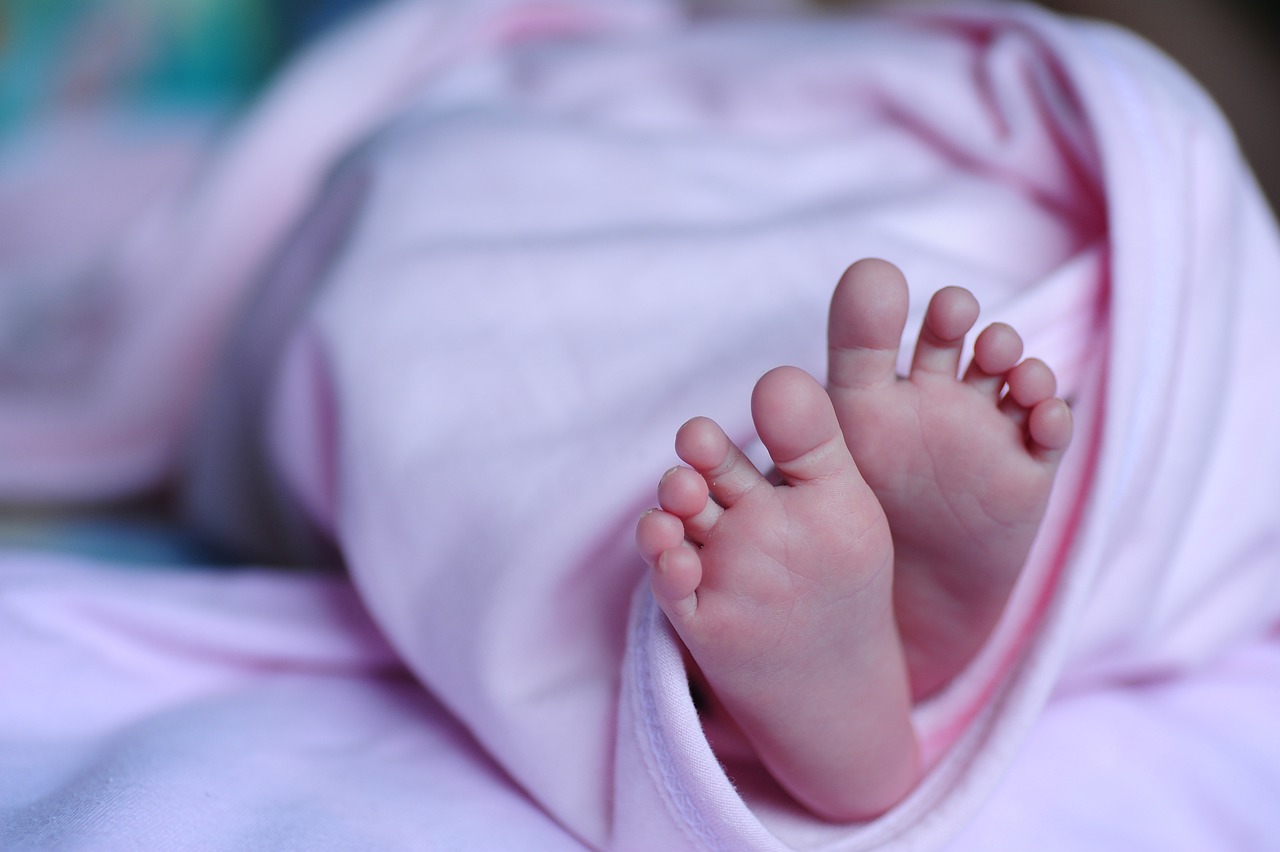
Market Trends in Eco-Friendly Baby Products
The eco-friendly baby product market is experiencing a remarkable transformation, fueled by a growing awareness of environmental issues and a shift in consumer priorities. Parents today are not just looking for products that serve their babies' needs; they are also seeking items that align with their values of sustainability and responsibility. This trend is reshaping the landscape of baby products, driving innovation and creating a more conscious consumer base.
As environmental concerns take center stage, parents are increasingly drawn to brands that prioritize sustainable practices. This shift is reflected in various market trends, including:
- Increased Demand for Transparency: Today's consumers want to know where their products come from and how they are made. Brands that provide clear information about their sourcing and production processes are gaining a competitive edge.
- Rise of Subscription Services: Many eco-friendly brands are adopting subscription models, allowing parents to receive regular shipments of essential baby products. This not only enhances convenience but also promotes a consistent use of sustainable items.
- Focus on Minimalism: Parents are gravitating towards products that are multifunctional and designed to last. This trend emphasizes quality over quantity, encouraging the use of fewer, but more durable items.
Moreover, the rise of social media has played a pivotal role in shaping market trends. Influencers and eco-conscious parents are sharing their experiences and recommendations, which significantly impacts purchasing decisions. Brands that engage with their audiences through authentic storytelling and community building are seeing increased loyalty and sales.
Another exciting development is the emergence of innovative brands that are leading the charge in eco-friendly baby products. These companies are not only creating high-quality items but are also setting new standards for the industry. For instance, brands like Earth Baby and Green Sprouts are known for their commitment to using safe, organic materials and sustainable manufacturing practices. They are paving the way for new entrants in the market, encouraging competition that benefits consumers.
As the eco-friendly baby product market continues to grow, so does the consumer demand for sustainable options. Recent studies indicate that parents are willing to pay a premium for products that are environmentally friendly, further fueling market expansion. This shift is prompting traditional brands to rethink their strategies and incorporate sustainable practices into their offerings.
In conclusion, the trends in the eco-friendly baby product market reflect a significant cultural shift towards sustainability. As parents become more informed and conscientious, the demand for eco-friendly options will only continue to rise, leading to a more sustainable future for the next generation.
Q: What are eco-friendly baby products?
A: Eco-friendly baby products are items made from sustainable materials and produced through environmentally responsible practices. They aim to minimize harm to the planet while ensuring safety for babies.
Q: Why should I choose eco-friendly baby products?
A: Choosing eco-friendly products helps reduce your child's exposure to harmful chemicals and supports sustainable practices that benefit the environment. It's a way to contribute to a healthier planet for future generations.
Q: Are eco-friendly baby products more expensive?
A: While some eco-friendly products may come with a higher price tag, many parents find that the benefits and quality justify the cost. Additionally, the long-term savings from durable, multifunctional products can offset initial expenses.
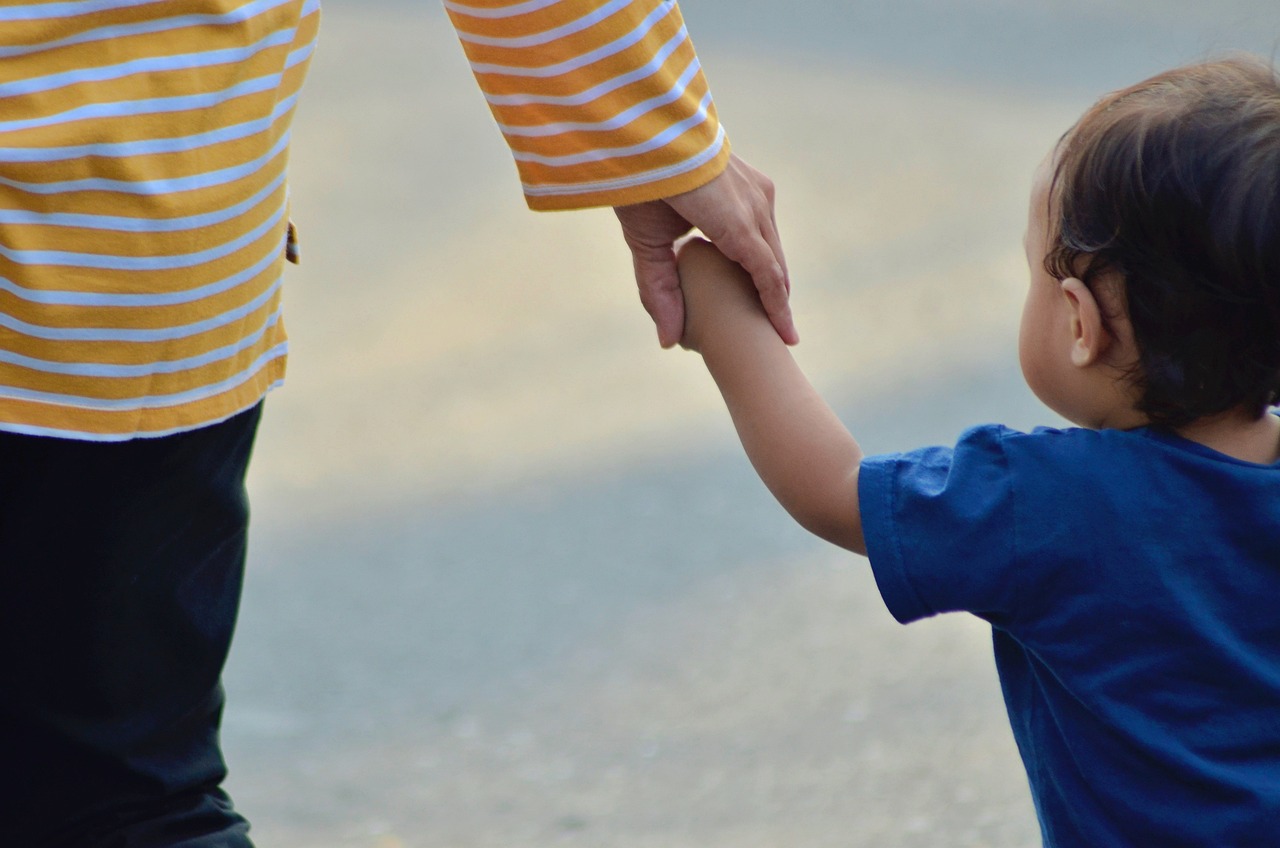
Innovative Brands Leading the Charge
In the rapidly evolving landscape of eco-friendly baby products, several innovative brands are stepping up to the plate, championing sustainability while offering parents a plethora of options. These brands are not just about selling products; they embody a commitment to the environment and the health of our little ones. It's like they’ve taken the classic parenting mantra of “it takes a village” and expanded it to include the planet!
One standout brand is Earth Baby, which has made a name for itself by providing a range of biodegradable diapers and wipes. Unlike traditional disposable diapers that can take hundreds of years to decompose, Earth Baby's products are designed to break down within months, significantly reducing landfill waste. Their mission is clear: to make parenting easier without compromising the health of our planet. Imagine sending your baby off to daycare with a diaper that not only keeps them comfortable but also contributes to a cleaner Earth!
Another impressive player in the market is Green Sprouts. They focus on creating safe and sustainable baby gear, from bottles to toys, using materials like stainless steel and organic cotton. Their products are designed to minimize exposure to harmful chemicals, ensuring that babies can explore their world safely. With a philosophy that champions both health and sustainability, Green Sprouts is like the superhero of the eco-friendly baby product realm.
Then there's Bamboo Nature, a brand that has taken the humble bamboo plant to new heights. Their diapers are not only eco-friendly but also incredibly soft and absorbent, making them a favorite among parents who want the best for their babies without sacrificing comfort. They’ve turned the idea of sustainable diapers into a reality, proving that you can indeed have your cake and eat it too—sustainability and comfort in one package!
As these brands continue to innovate and expand their offerings, they are setting a precedent for others in the industry. They are paving the way for a future where eco-friendly baby products are not just an option but the norm. The ripple effect of their efforts is profound, as they inspire other companies to follow suit. It’s like watching a new wave of eco-consciousness wash over the parenting world, making it more vibrant and responsible.
Moreover, the rise of these brands reflects a broader trend in consumer behavior. Parents today are more informed and concerned about the products they choose for their children. They want to know what goes into these products, how they are made, and their impact on the environment. This shift in mindset is driving brands to be more transparent and accountable, leading to a healthier marketplace for everyone.
In conclusion, the innovative brands leading the charge in eco-friendly baby products are not just changing the game; they are reshaping the entire industry. Their commitment to sustainability and the health of our children is commendable and necessary in today's world. As more parents embrace eco-conscious choices, the demand for these products will only continue to grow, creating a brighter, greener future for the next generation.
- What are eco-friendly baby products? Eco-friendly baby products are items made from sustainable, non-toxic materials that are safe for babies and have a reduced impact on the environment.
- Why should I choose eco-friendly baby products? Choosing eco-friendly products helps protect your baby's health, reduces exposure to harmful chemicals, and contributes to a healthier planet.
- Are eco-friendly diapers really better for the environment? Yes, eco-friendly diapers, like biodegradable options, break down faster than traditional diapers, significantly reducing landfill waste.
- How can I find reputable eco-friendly brands? Look for certifications, read reviews, and check the brand's commitment to sustainability and transparency in their production processes.
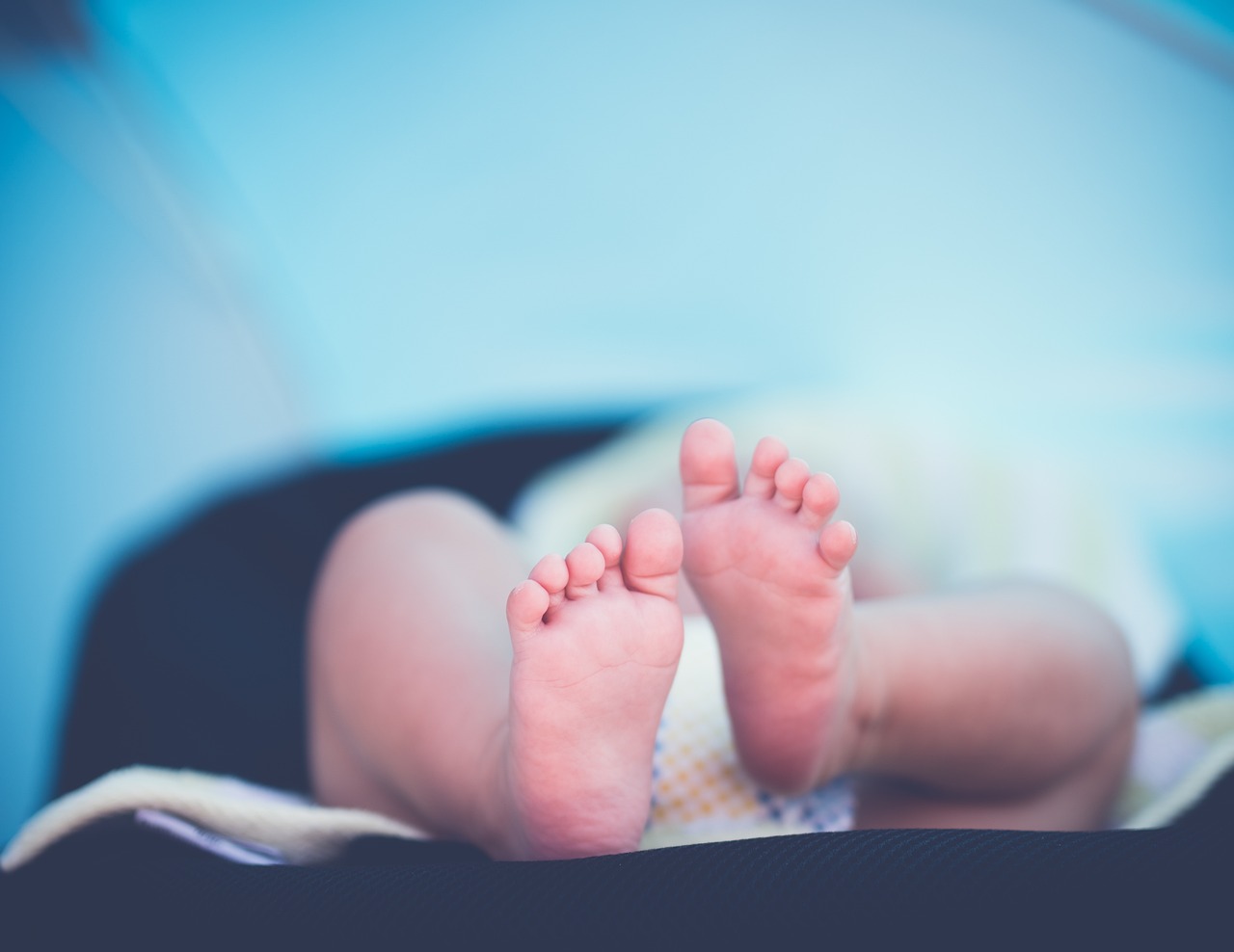
Consumer Demand and Market Growth
The surge in consumer demand for eco-friendly baby products is not just a passing trend; it's a reflection of a broader cultural shift towards sustainability. Parents today are more informed than ever, and they are actively seeking products that align with their values. This growing awareness about the environmental impact of traditional baby products has led to a marked change in purchasing behavior. In fact, studies show that a significant percentage of parents are willing to pay a premium for products that are not only safe for their children but also gentle on the planet.
According to recent market research, the eco-friendly baby product market is projected to grow at an impressive rate over the next few years. This growth can be attributed to several factors:
- Increased Awareness: Parents are becoming more conscious of the materials used in baby products and their potential effects on health and the environment.
- Social Media Influence: Platforms like Instagram and Pinterest are filled with eco-conscious parenting tips, inspiring parents to make sustainable choices.
- Brand Transparency: Consumers are demanding more information about product sourcing and manufacturing processes, pushing brands to be more transparent.
As a result of these factors, many companies are ramping up their efforts to develop and market eco-friendly alternatives. Traditional brands are also feeling the pressure to adapt, leading to innovative product lines that incorporate sustainable practices. The market has seen a rise in biodegradable diapers, organic baby clothing, and non-toxic toys, all designed to meet the needs of environmentally conscious parents.
Moreover, the demand for eco-friendly baby products is not limited to just a few select items; it encompasses a wide range of categories. From feeding supplies like bamboo utensils to nursery furniture made from reclaimed wood, the options are expanding rapidly. This diversification is crucial as it allows parents to make sustainable choices across all aspects of their baby's life, reinforcing the idea that eco-conscious parenting is not just a trend but a lifestyle.
In terms of market growth, companies that prioritize sustainability are seeing a significant increase in sales. For instance, brands that focus on eco-friendly materials often report higher customer loyalty and repeat purchases. Parents are not just buying these products; they are advocating for them, sharing their experiences online, and influencing others in their community to consider sustainable options.
In conclusion, the consumer demand for eco-friendly baby products is reshaping the market landscape. As parents continue to prioritize sustainability, we can expect to see even more innovation and growth in this sector. Brands that recognize this shift and adapt accordingly will not only thrive but also contribute to a healthier planet for future generations.
- What are eco-friendly baby products?
Eco-friendly baby products are items made from sustainable, non-toxic materials that minimize environmental impact. - Why should I choose eco-friendly baby products?
These products are safer for your baby and help reduce your carbon footprint, contributing to a healthier planet. - Are eco-friendly baby products more expensive?
While some eco-friendly products may have a higher upfront cost, many parents find the long-term benefits and health advantages worth the investment. - Where can I find eco-friendly baby products?
You can find these products at specialty stores, online retailers, and even some mainstream supermarkets that are expanding their eco-friendly offerings.
Frequently Asked Questions
- What are eco-friendly baby products?
Eco-friendly baby products are items designed for infants that are made from sustainable, natural, and non-toxic materials. These products aim to minimize environmental impact while ensuring the safety and health of babies. Examples include organic cotton clothing, biodegradable diapers, and toys made from recycled materials.
- Why should I choose eco-friendly baby products?
Choosing eco-friendly baby products benefits both your child and the planet. These products often contain safer materials, reducing the risk of exposure to harmful chemicals. Additionally, they contribute to a healthier environment by reducing waste and promoting sustainable practices.
- Are eco-friendly baby products more expensive?
While some eco-friendly baby products may have a higher upfront cost, many parents find that the long-term benefits outweigh the initial investment. Moreover, as demand increases, prices are becoming more competitive. Investing in quality eco-friendly items can lead to savings in terms of health and environmental impact.
- How can I identify truly eco-friendly products?
Look for certifications and labels that indicate sustainability, such as GOTS (Global Organic Textile Standard) for fabrics or FSC (Forest Stewardship Council) for wood products. Research brands and read reviews to ensure their commitment to eco-friendly practices.
- What are biodegradable diapers, and are they effective?
Biodegradable diapers are made from materials that can break down naturally in the environment, unlike traditional disposable diapers that can take hundreds of years to decompose. Many parents find them just as effective, providing comfort and absorbency while being a more sustainable choice.
- How do organic fabrics benefit my baby?
Organic fabrics, such as cotton and bamboo, are grown without harmful pesticides and chemicals, making them safer for your baby's sensitive skin. They are often more breathable and softer, reducing the risk of allergies and irritation, ensuring a comfortable experience for your little one.
- Are there eco-friendly brands I should consider?
Absolutely! Some innovative brands leading the charge in eco-friendly baby products include Earth Baby, Green Sprouts, and Honest Company. These brands focus on sustainability while providing high-quality products that cater to eco-conscious parents.
- What impact does the production of baby products have on the environment?
The production of conventional baby products often involves harmful chemicals, excessive water usage, and significant waste. By opting for eco-friendly alternatives, you help reduce pollution, conserve resources, and promote a healthier planet for future generations.



















